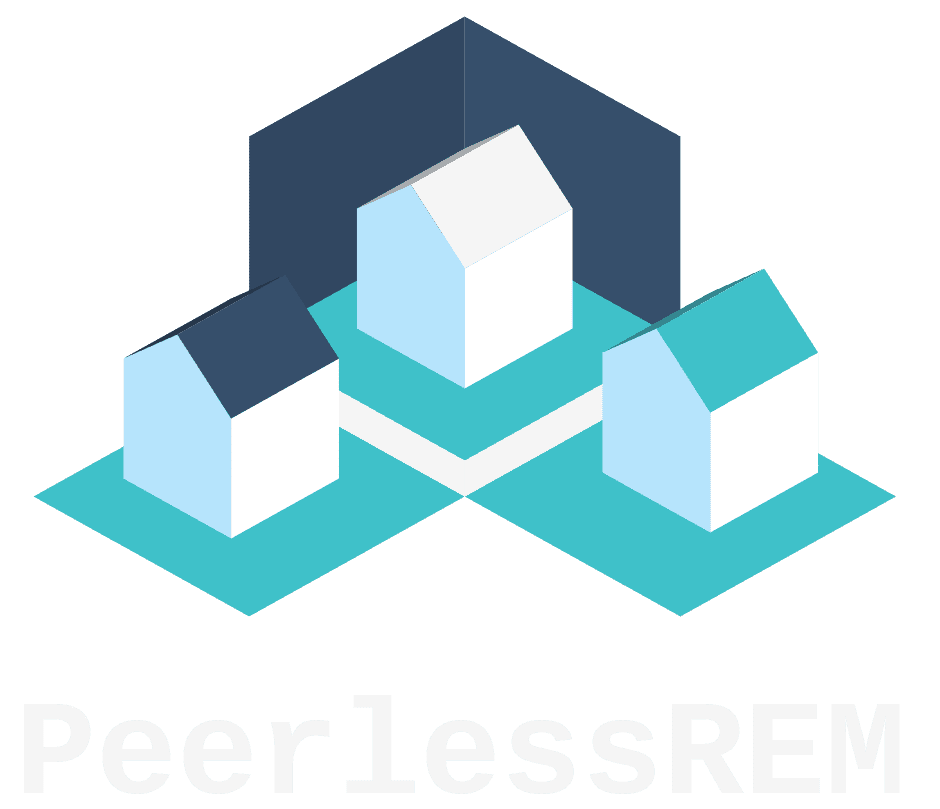
One of life’s most significant decisions is whether to rent or buy a home. It’s a choice that carries financial, emotional, and lifestyle implications. While some people firmly believe in the advantages of homeownership, others prefer the flexibility of renting. In this blog post, we will explore the pros and cons of both options to help you make an informed decision.
Pros of Renting
- Flexibility and Mobility: Renting offers unparalleled flexibility. You’re not tied down to a single location for a long period. This makes it easier to pursue job opportunities in different cities or explore different neighborhoods without the commitment of a mortgage.
- Lower Initial Costs: Renting typically requires a smaller upfront investment. You won’t need a hefty down payment or worry about property taxes and maintenance costs. This can free up your finances for other investments or experiences.
- Limited Responsibility: As a renter, you’re not responsible for major repairs or maintenance. If the roof leaks or the plumbing fails, it’s usually the landlord’s responsibility to fix it. This can save you both money and stress.
- Predictable Monthly Expenses: Renters have a fixed monthly rent payment, making it easier to budget. You won’t be hit with unexpected expenses like a broken water heater or a leaky roof.
Cons of Renting
- No Equity Buildup: When you rent, you’re essentially paying someone else’s mortgage. You don’t build equity in the property, which means you miss out on potential long-term wealth accumulation.
- Limited Control: Renting means you must adhere to the rules set by the landlord. This may limit your ability to personalize or modify the property to your liking.
- Rent Increases: Landlords can raise rent prices, sometimes significantly, which can strain your budget over time. You have little control over these increases.
- No Tax Benefits: Homeowners can often deduct mortgage interest and property taxes from their income taxes, but renters do not have access to these tax benefits.
Pros of Buying
- Building Equity: One of the most significant advantages of homeownership is the ability to build equity over time. As you pay down your mortgage, you own a larger share of your home.
- Investment Potential: Real estate can appreciate in value over time, potentially leading to a profitable sale in the future. Your home can serve as both a place to live and an investment.
- Personalization: Homeowners have the freedom to decorate and modify their homes to their liking without seeking permission from a landlord.
- Stability: Owning a home provides a sense of stability and permanence. You don’t have to worry about the landlord selling the property or increasing rent.
Cons of Buying
- High Initial Costs: Homeownership typically requires a substantial down payment, closing costs, and ongoing expenses like property taxes, insurance, and maintenance.
- Limited Flexibility: Once you own a home, it can be more challenging to relocate for job opportunities or other personal reasons. Selling a home can also be a time-consuming process.
- Maintenance and Repairs: As a homeowner, you are responsible for all maintenance and repair costs, which can add up over time.
- Market Risk: The real estate market can be unpredictable. The value of your home may fluctuate, and there are no guarantees of a profit when you sell.
Conclusion
The decision to rent or buy a home ultimately depends on your personal circumstances, financial situation, and long-term goals. Renting offers flexibility and lower initial costs, while buying provides equity building and investment potential. Carefully weigh the pros and cons, and consider what matters most to you in terms of stability, control, and financial security. Ultimately, the right choice is the one that aligns with your individual needs and aspirations.

No responses yet